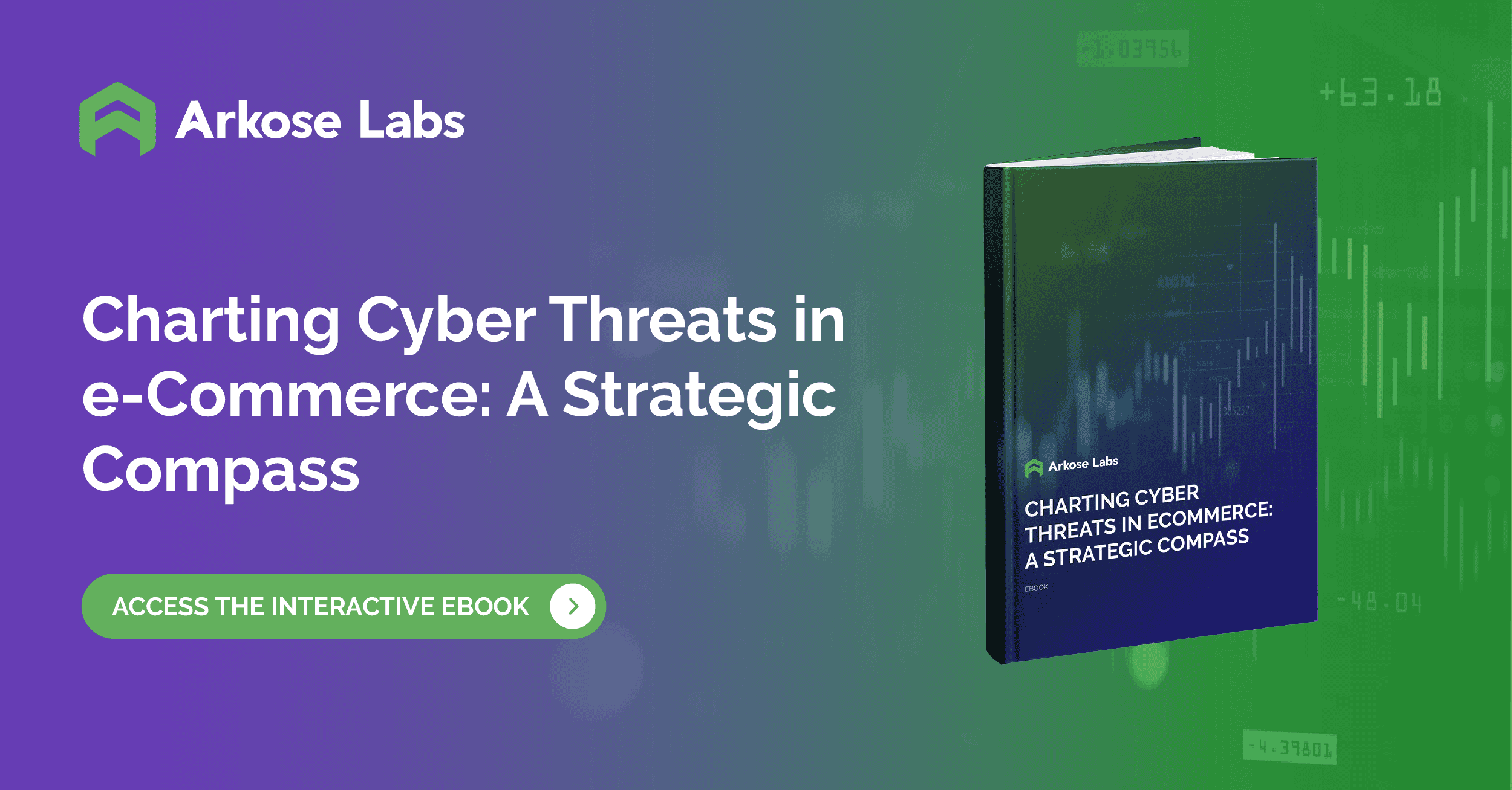Protect Your eCommerce Ecosystem from Large-Scale Bot Attacks
Account takeovers, inventory hoarding, promo abuse – these and other cyberattacks cost retail and ecommerce businesses millions of dollars and can damage customer perception of your brand.
That’s why global retailers and ecommerce companies trust Arkose Labs to detect and deter attacks at user authentication touchpoints. The Arkose Labs’ platform classifies traffic based on the underlying intent of users and deploys appropriate countermeasures to remediate attacks in real-time. It goes beyond stopping individual attacks to deliver a long-term solution that minimizes losses, improves overall ROI, and enhances the customer experience.
“We have seen a dramatic improvement in fraud detection and prevention since implementing Arkose Labs. They are a true partner working together with us to protect our business and our customers.”

$1M Card Testing Warranty
Read About Warranty Benefits
$1M SMS Toll Fraud Warranty
Read About Warranty Benefits
$1M Credential Stuffing Warranty
Read About Warranty Benefits
Optimized, Proactive Threat Detection
Real-world threat intelligence, optimized data sets, and real-time challenge feedback signals provide proactive defense.
Dynamic Challenge Capabilities
Arkose MatchKey challenges provide a unique user experience, performance improvements, and powerful styling features.
Actionable and Transparent Data
Arkose Bot Manager offers precise decision-making and improved risk mitigation.
Flexible Deployment and Integration
Customizable and granular rules, runbooks, and configuration options for industry- and company-specific use cases.

Guaranteed Service, Support, and Impact
24/7 SOC specialists provide immediate tuning, proactive monitoring, and real-time incident response.
Find out where most sophisticated attacks originate and their warning signs

Protecting Shopper Trust – The Role of Early Fraud Detection in eCommerce Account Security
Disrupt an Attacker’s Economic Incentives
Bot traffic costs retailers $250 million each year through fraudulent purchases, stolen customer credit card information, and other criminal tactics.1 Undermine bad actors’ ability to steal from you with a zero-tolerance approach on your websites and apps, while also improving customer experience and loyalty.
Arkose MatchKey targets suspicious traffic with tailored challenges that put the right amount of pressure on an attacker’s ROI without blocking or compromising the good user experience. Designed to deter large-scale attacks such as account takeovers or SMS toll fraud at your gateways, the Arkose Labs’ platform eliminates cyberattacks from your retail ecosystem early, reduces stress on the payment flow, and increases trust from users.
Discover Our Product






